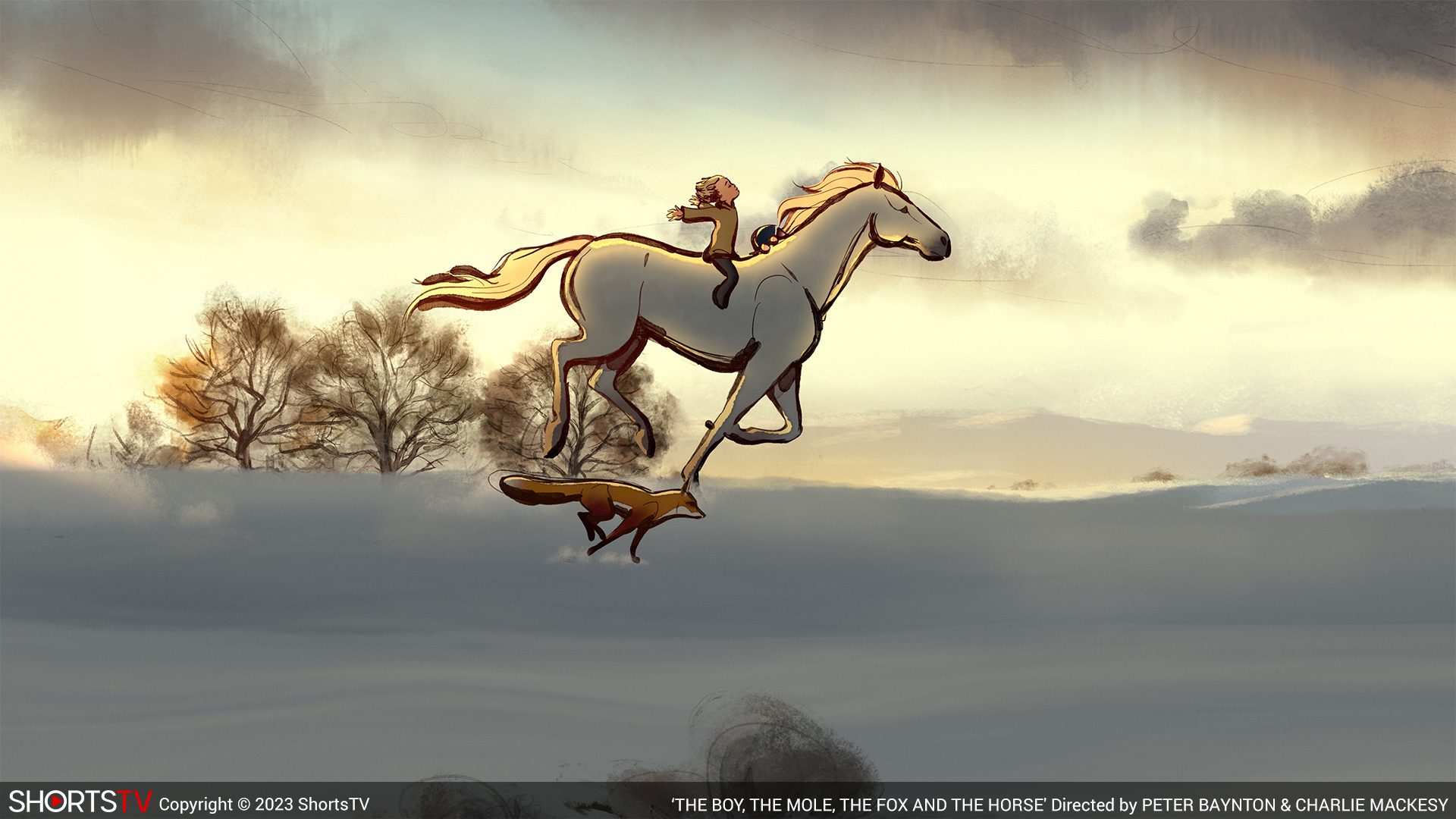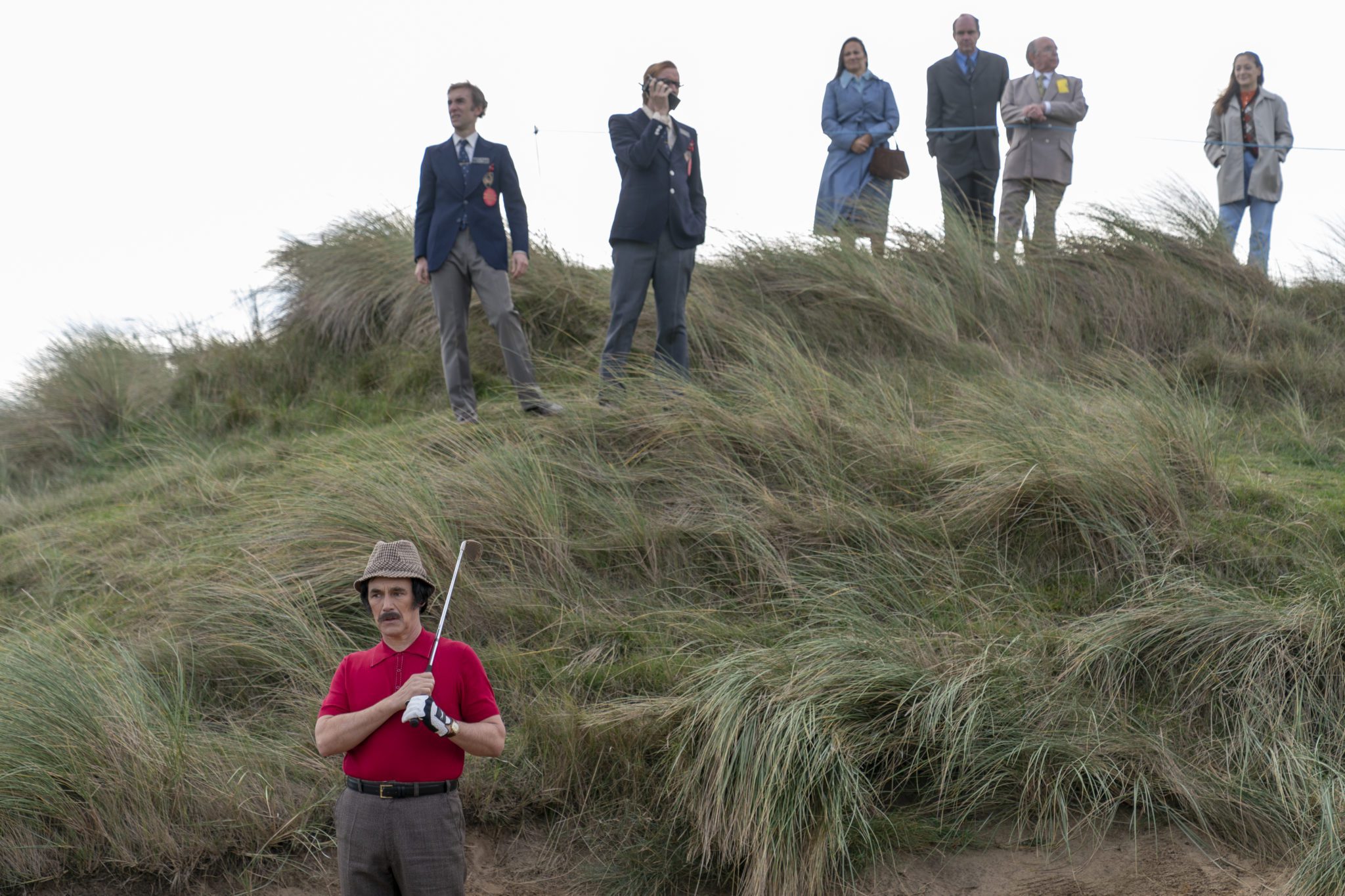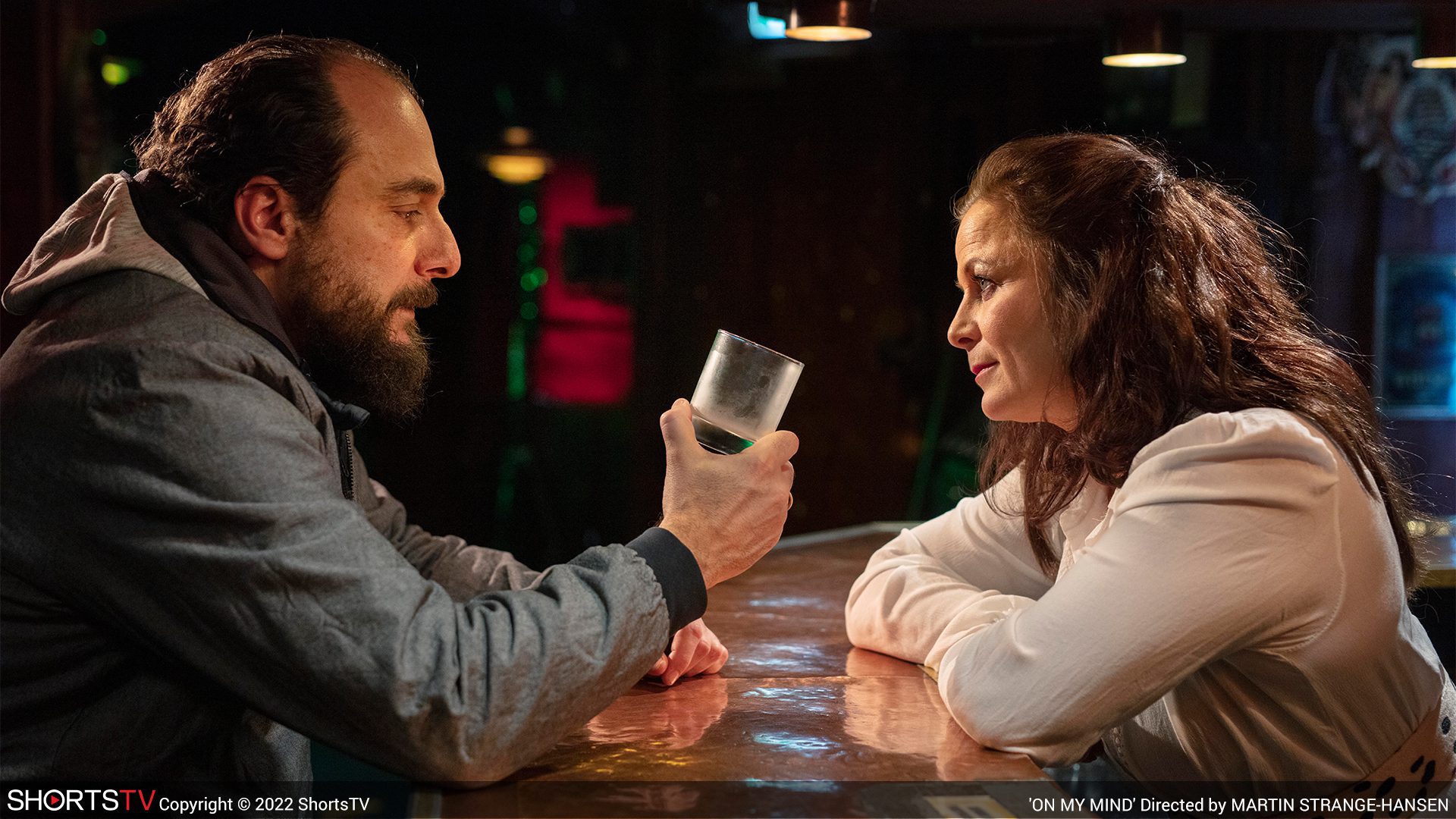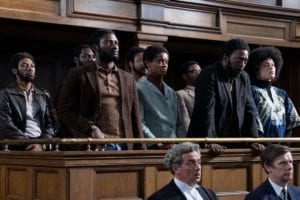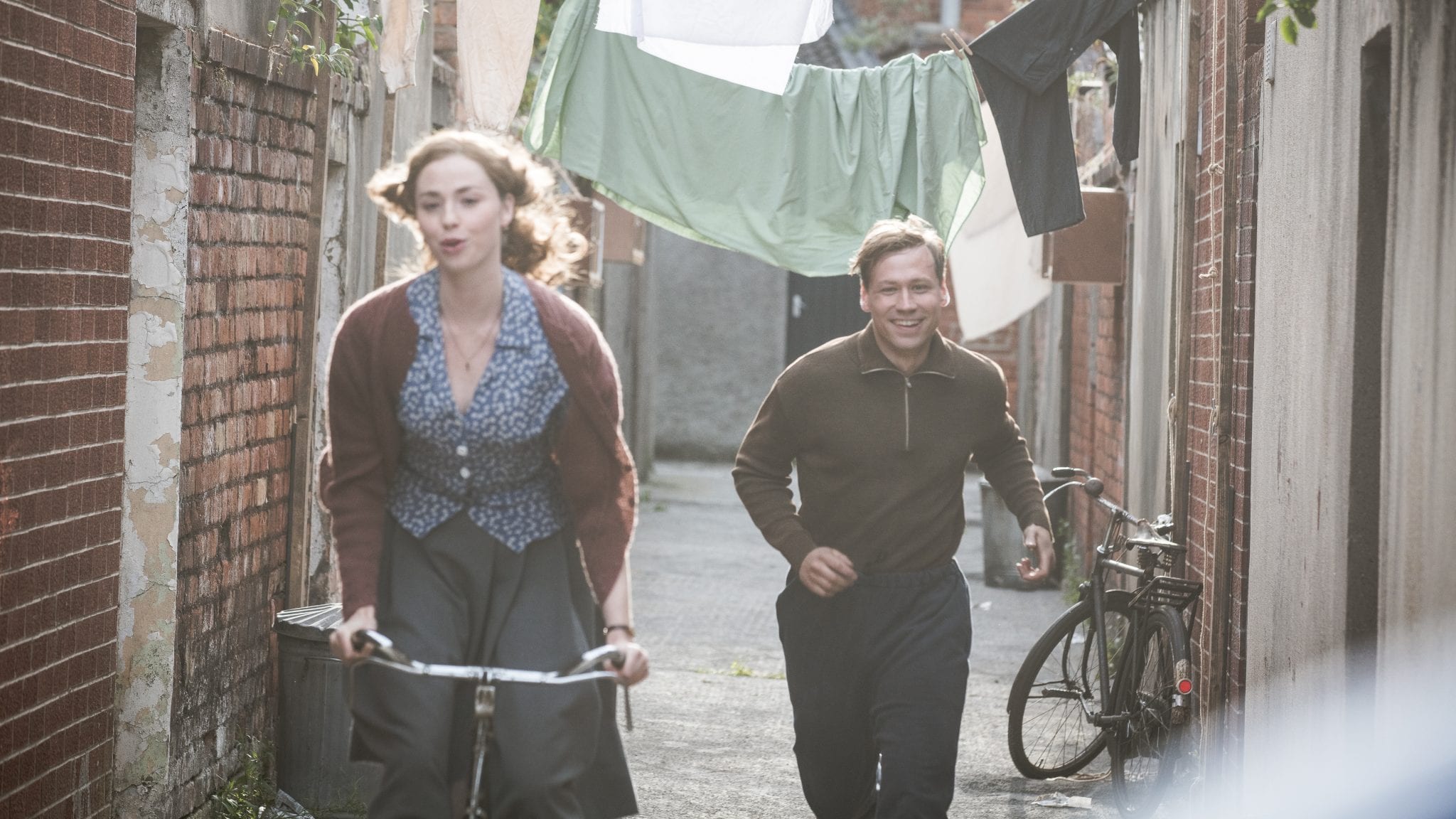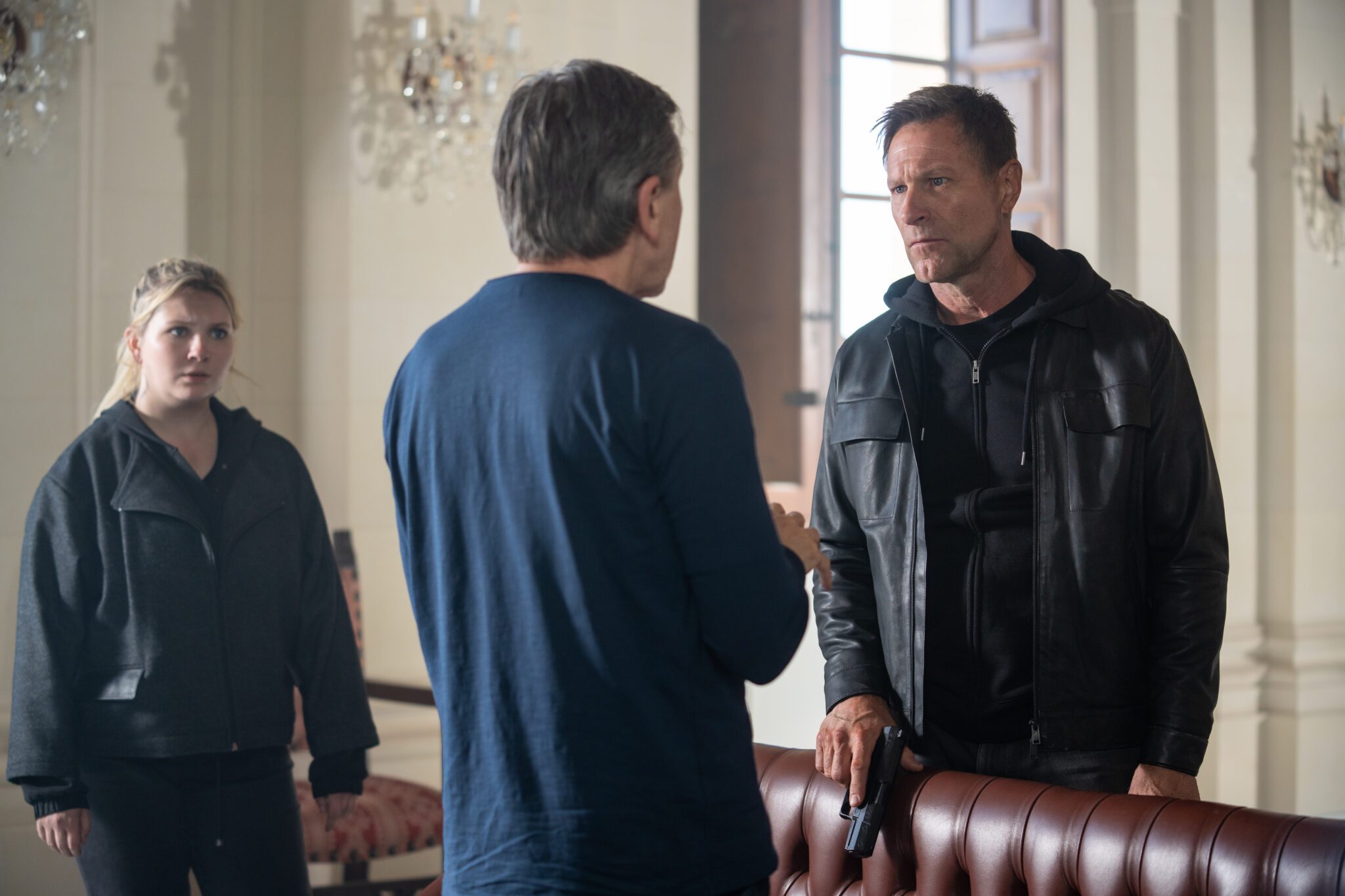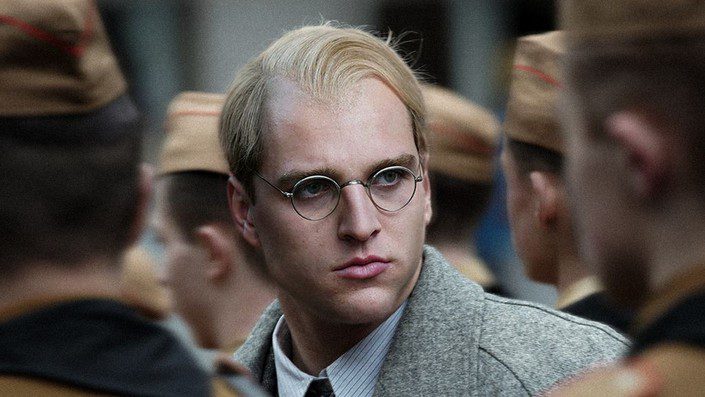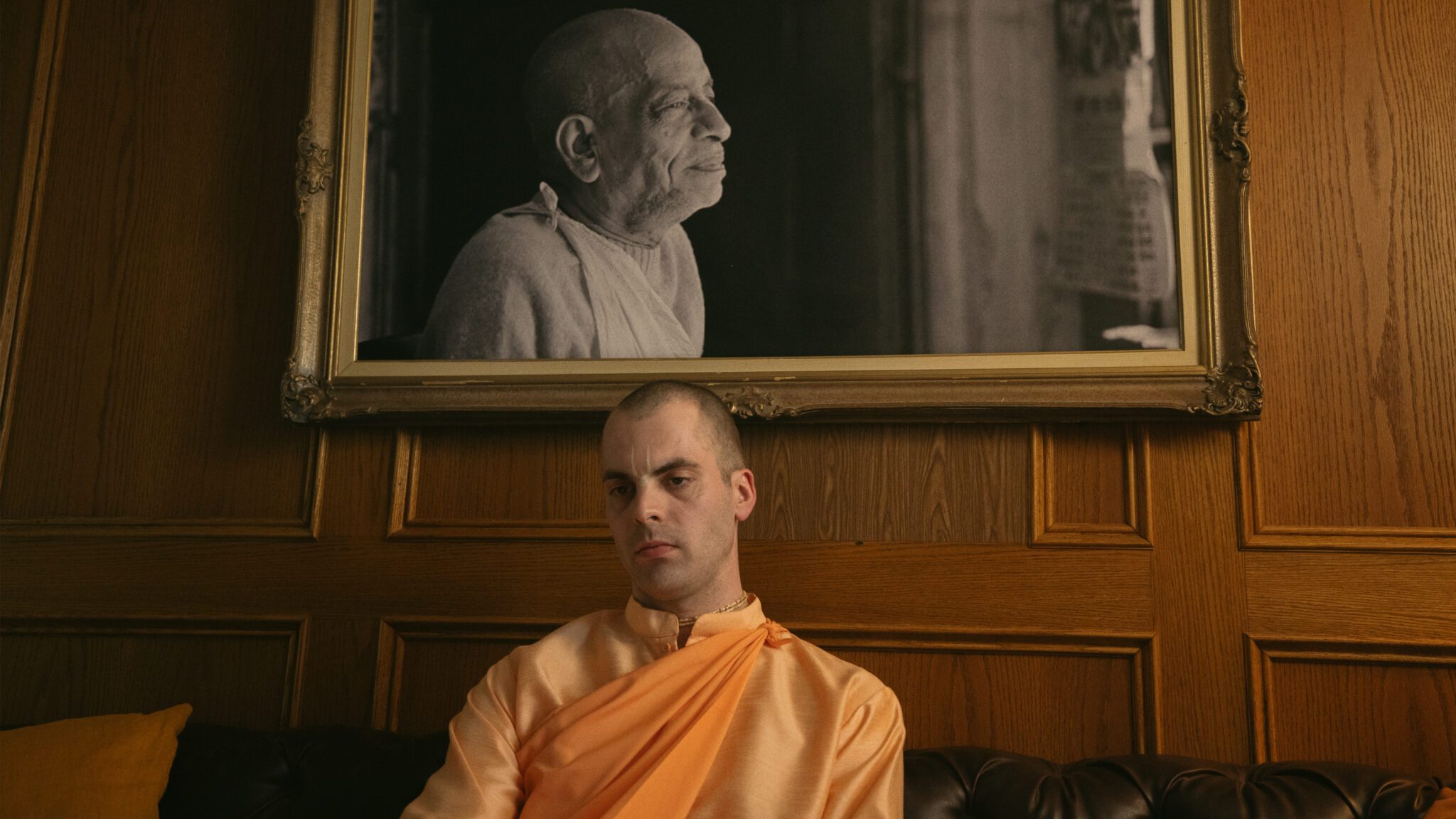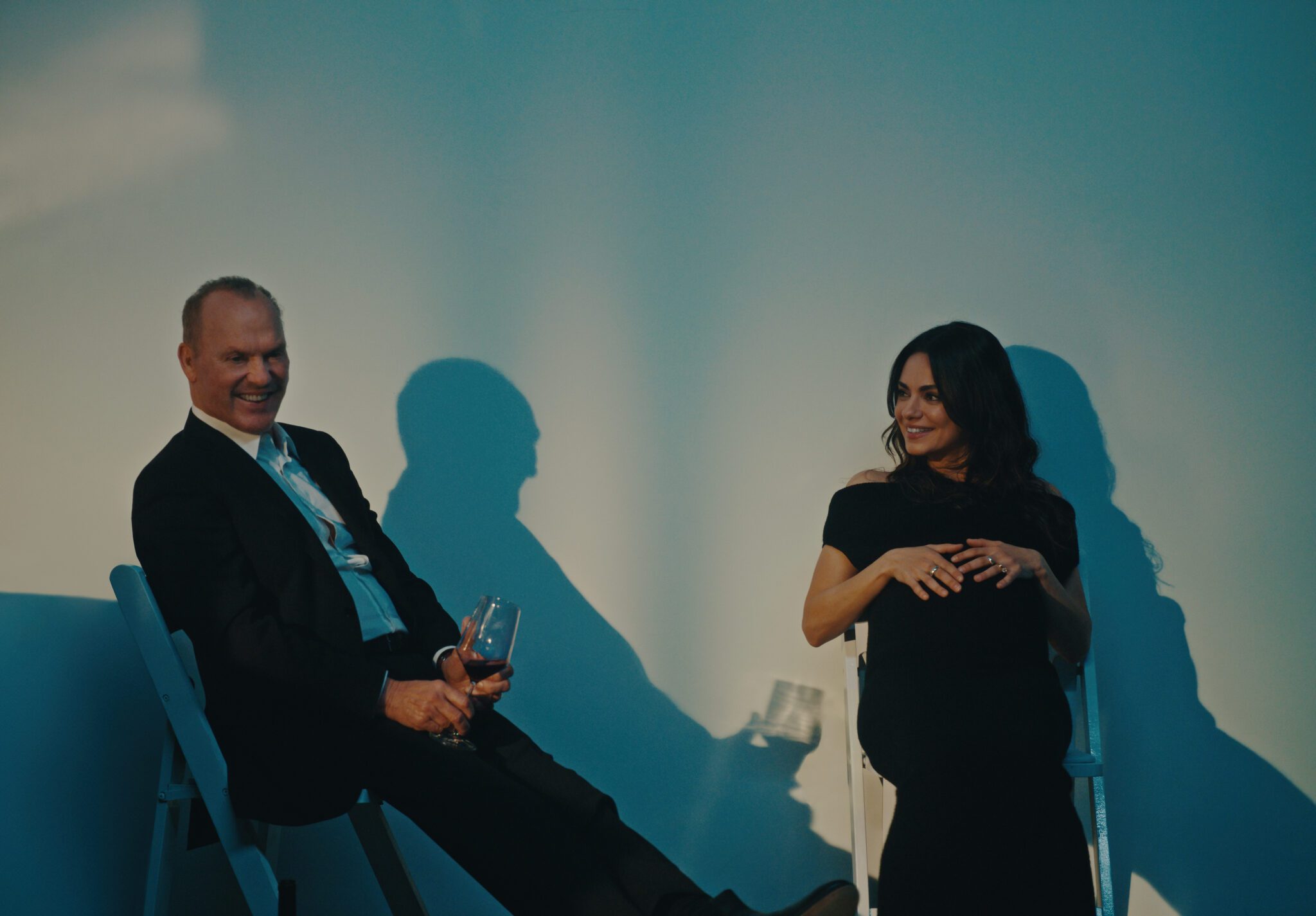Each year there are Oscars? awarded in three categories of short films: Live Action Shorts, Animated Shorts,...
UK
?No one can say you didn?t try.? I?m not a fan of watching or playing golf, but...
Short films can be good training for future filmmakers, or they can be an artform in themselves....
?Benjamin Taylor is leaving living today.? Sometimes it takes the specter of death to bring light into...
Life is often about chasing after dreams. But is the chase itself enough to make for a...
I want to use this report to touch on a few of the films that are part...
Some stories and the worlds they bring to us are too big for a single film. Sometimes...
?We must become the shepherd of our own destinies? Mangrove, the opening film of Steve McQueen?s Small...
Based on a true story, The Keeper, from director Marcus H Rosenm?ller, is the story of a...
?I?ve got to go to work. I have not got a choice.? We are told that if...

